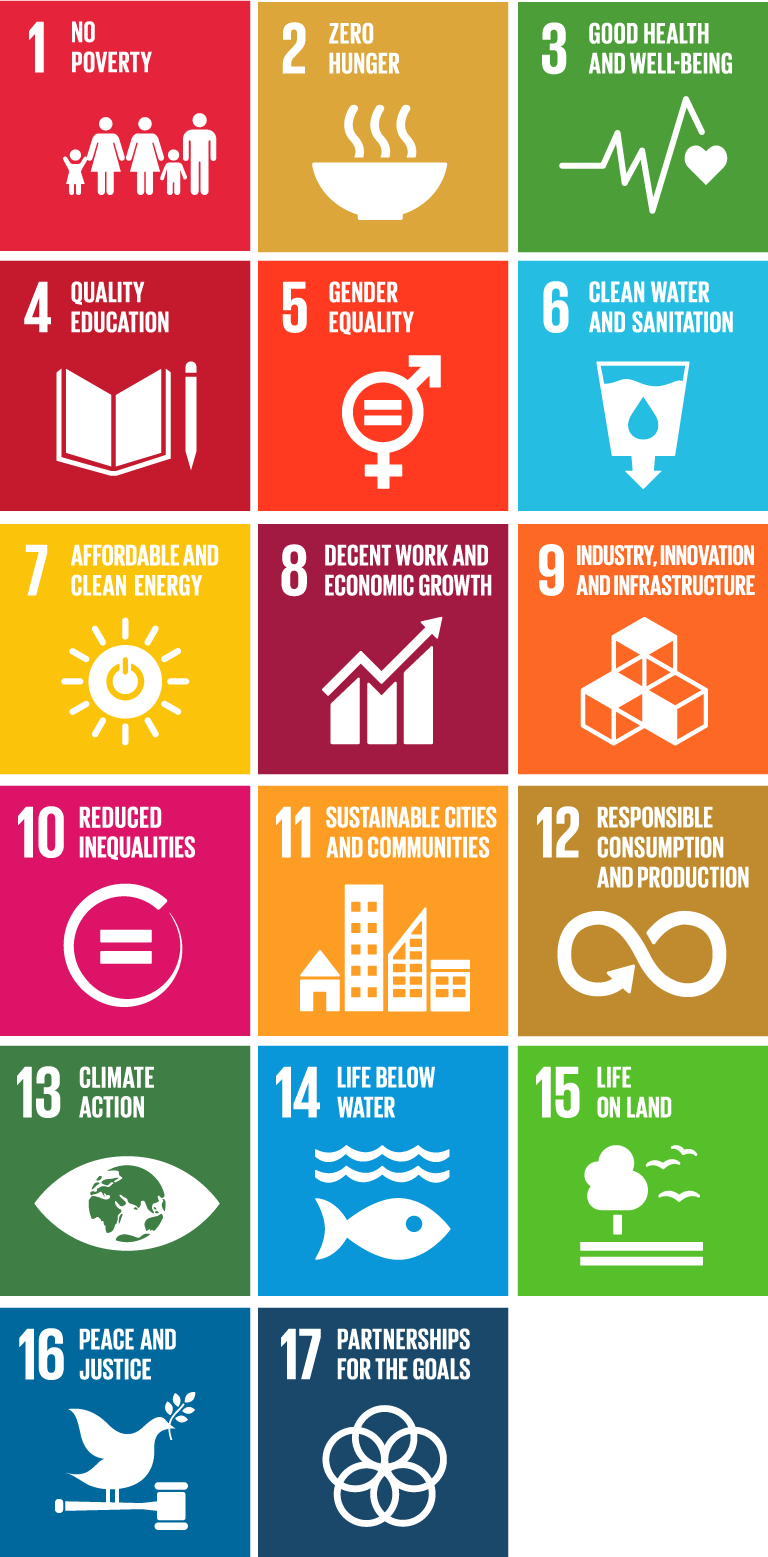Apr
19
Sustainable Development Goals
April 19, 2024 | | Leave a Comment
Prompt: How does the interaction of international and domestic factors empower or hinder some states of the Global South in making progress toward the UN Sustainable Development Goals compared to other states?
Sustainable Development Goals, or SDGs, are 16 goals outlined by the United Nations that show ways that countries can improve the lives of citizens and strengthen their institutions. Most important of these is Goal 16, or “Peace, Justice, and Strong Institutions”, which encapsulates the results of the rest of the SDGs. Many countries in the Middle East, such as Iraq, Morocco, and Jordan, have had complicated results in enabling these goals to be achieved.
Iraq, the country that I did a podcast episode on, has been plagued by domestic inequalities, failing to meet Goal 10, or reduced inequalities. There is both a large sectarian imbalance between the majority Shi’ite and the minority Sunni Muslims. There are also extreme economic inequalities, as 30% of the country lives below the poverty line. Iraq is also struck by corruption, ranking it in the bottom 30 of 180 listed countries in this metric. The country has the world’s 5th largest oil reserves and heavily relies on these reserves for its GDP. Oil money makes up a whopping 93% of the public budget. All of these factors contribute to Iraq’s poor institutions and make it hard for the country to reach Goal 16.
Morocco has made progress in achieving Goal 5, or gender equality. The most effective way in which advocates for gender equality can make change is through lobbying or establishing civil society organizations, or CSOs. The 2011 Arab Spring protests included protests for women’s rights, often with the slogan “Death Over Humiliation”. These protests led to a new Moroccan constitution that prohibited displacing married women. A new law in 2018 also limited violence against women. Global institutions and support from international organizations have helped Morocco come closer to achieving this goal. However, though they have made some changes to their laws, these changes are not always reflected in behavior or attitudes. Officials have also failed to incorporate further laws protecting the rights of women, especially when drafting the Moroccan constitution. Morocco has had to limit judicial corruption that was affecting policy implementation and effective usage of international investments. In order to continue on the path to achieving Goal 16, Morocco will have to consider how to implement solutions to its pressing gender inequality issue.
Jordan has made great strides to achieve the SDGs in various forms. They have increased the role of women in their military and government, decreased violence against women and children, crushed organized crime and corruption through anti-money laundering laws, and improved media literacy and access to information. However, the arrival of many refugees, doubling Jordan’s population, has led to further strain of labor markets, resources, and infrastructure. Water, two-thirds of which goes to agriculture, is being used faster than it is being replenished. This water is also procured through an unsustainable ground water extraction process. The government cannot afford decentralized waste water systems, and social norms refuse to reuse waste water. Jordan will have to reassess the way it uses its infrastructure and change its practices in order to be competitive in completion of the SDGs, perhaps through international organizations.

Image from the UN’s SDG Guide (sdg.guide)